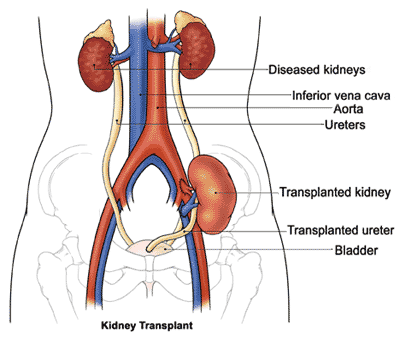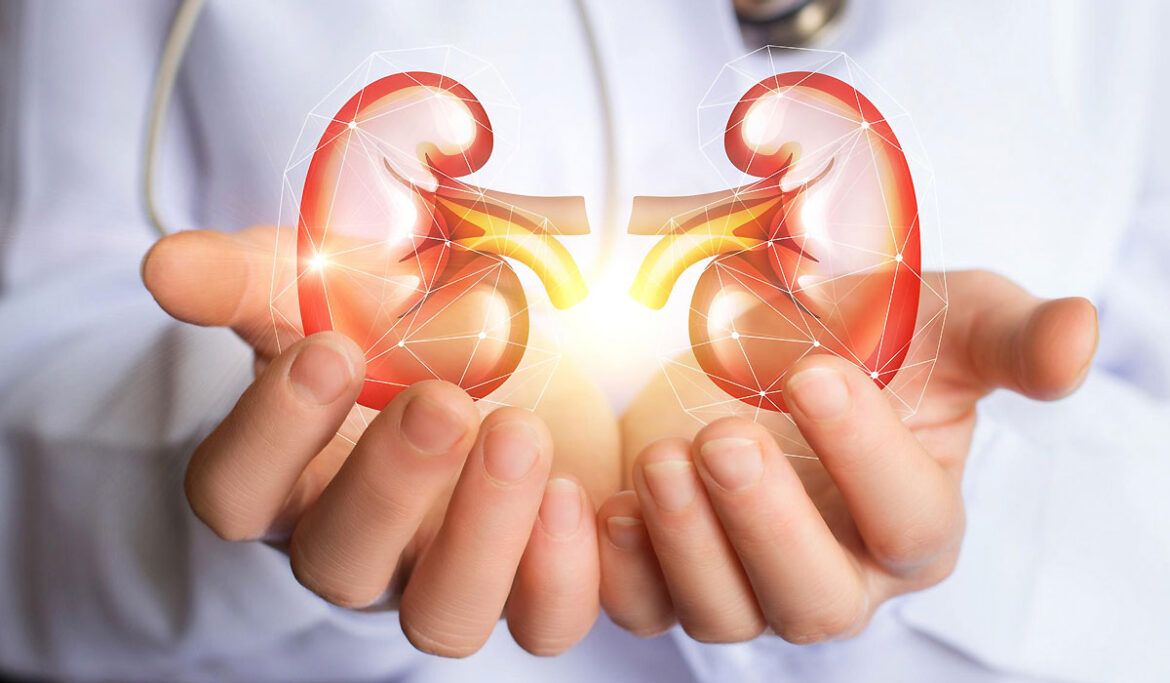Kidney in human body acts as a filtering base. Every day, the two kidneys filter about 120 to 150 quarts of blood to produce about 1 to 2 quarts of urine, composed of wastes and extra fluid.

Kidney Transplant and Dialysis are the most common treatments for a failed kidney. In the case of kidney disease, transplantation is actually the first line of treatment for patients. Such patients are candidates to receive a new kidney. The organ can come from a live or deceased donor as long as blood group and specifications match. But the scarcity of kidneys for transplantation makes the alternatives like hemodialysis and peritoneal dialysis much more common.
These are 4 facts you need to know:
1. Dialysis has both positives and negatives
Patients with failed kidneys are treated with dialysis. Often such patients begin to feel better quickly; within a few months. They regain their appetite and have more energy. However, such an intensive treatment process can have adverse effects on the patient’s autonomy and quality of life.
2. Benefits of transplant outweigh the side effects
In a landmark study conducted in 1999, the health consequences of patients receiving dialysis while waiting for a kidney were compared to those who had received a new kidney. Results showed that the long-term mortality rate of transplant recipients was 48 to 82 per cent lower than for those on dialysis.
3. Not everyone can receive a transplant
Doctors consider a number of factors when determining whether a patient is a good candidate for a kidney transplant. Patients above the game of 65 are generally not referred not eligible for transplant. Conditions like diabetes and heart failure often negatively impact a patient’s candidature. But there are also ways patients can improve their health. Stay healthy and active. Manage your conditions that might complicate a transplant. Quit smoking and drinking. Remain amenable with your medical therapies. Often a patient undergoing many years of dialysis are also not fit enough for transplant. After numerous medical tests and observations, a patient is allowed a transplant.
4. Choose your care wisely
The right care facility is a crucial factor affecting a patient’s quality of life. Treatment should be easily accessible at any hour of the day. Family must be aware of the chronic condition of your health. Healthcare workers should be available to communicate well with a patient’s other doctors. They create a positive atmosphere for dealing with the health condition. If you have kidney disease and are currently on dialysis, talk to your doctor about a kidney transplant. Learn about the exact condition and then get treated accordingly.
[Find an Affordable Kidney Transplant at Top Hospitals in India]
Related posts:
What you need to know about Liver Transplantation?
A Guide to Minimally Invasive Heart Bypass Surgery
What You Need to Know about Colon Cancer
How Well Do You Know Your Kidneys?
